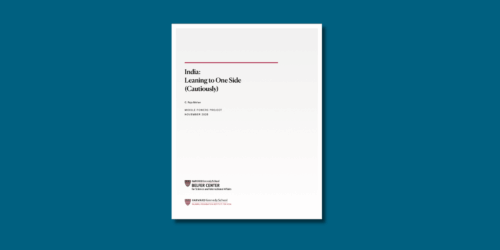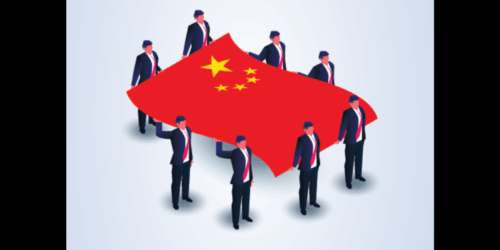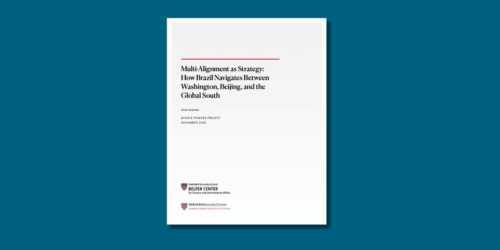
Case Study
Risk, Leverage, Autonomy: Turkey’s Options in a U.S.–China World
In a new study for the Middle Powers Project, Senem Aydin-Düzgit explores how Turkey’s position as a strategically autonomous power enables the country to balance ties with the Western and non-Western world, while economic vulnerabilities present challenges for Turkey’s pursuit of its foreign policy goals. The Middle Powers Project is in collaboration with the Belfer Center for Science and International Affairs.






